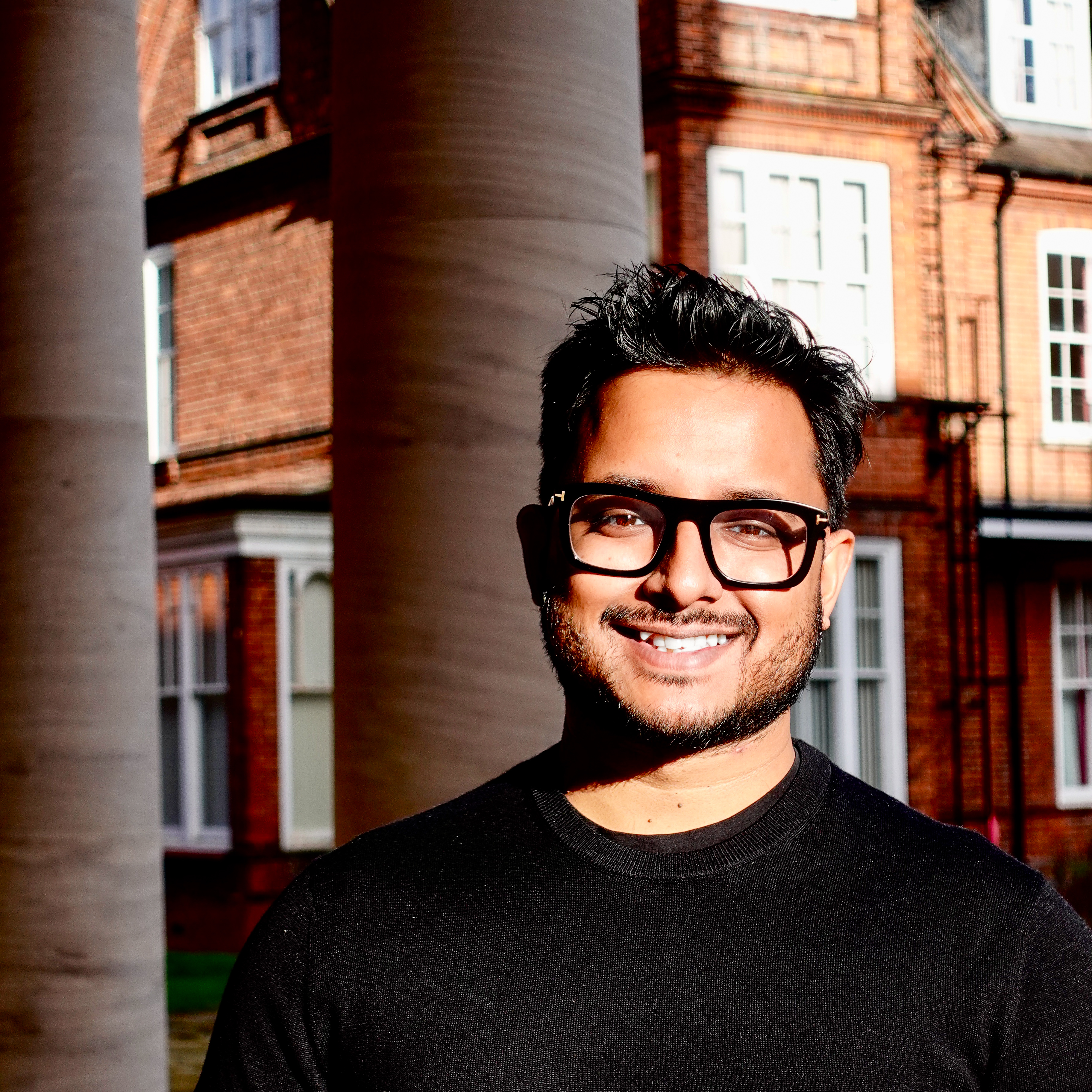
The University's mission is to contribute to society through the pursuit of education, learning and research at the highest international levels of excellence.

Dr. Ramit Debnath is an Assistant Professor of Mathematics and Social Design at the University of Cambridge. He is the Director of the Cambridge Collective Intelligence & Design group, the Cambridge-lead for the Climate and Social Intelligence Lab with Caltech and the co-director of the climaTRACES lab at CRASSH. He is a fellow of Churchill College and Cambridge Zero and has visiting academic roles at the California Institute of Technology and the Indian Statistical Institute Kolkata. Ramit sits on the steering committee of Cambridge's Centre for Human-Inspired AI (CHIA), Centre for Data-Driven Discovery (C2D3) and the Centre for Climate Repair (CCR).
His interdisciplinary research integrates engineering and computational social sciences with systems thinking, sociotechnical policy design, and behavioural interventions to address barriers to climate action and sustainable development. He focuses on how individual behaviours influence the dynamics of collective decision-making and explores the potential of emergent AI to replicate these mechanisms to solve global challenges.
Dr. Debnath has a background in electrical engineering and computational social sciences, earned his MPhil and PhD at Cambridge as a Gates Scholar. He has held positions at Caltech, the Indian Statistical Institute, the International Energy Agency, IIT Bombay, and Stanford University.
Dr. Debnath serves as an Associate Editor for Energy Research and Social Science (Elsevier) and npj Climate Action (Nature Portfolio) and on the editorial board of PLOS Global Public Health, iScience (Cell Press) and Humanities and Social Science Communications (Nature Portfolio).
For more, see our funded projects, recent publications and policy impacts.